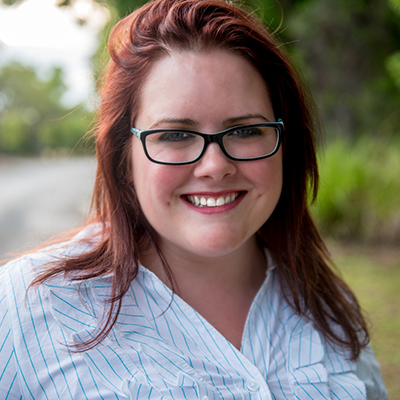
What is SilverCloud
Programs to help you... feel better get back on track feel calmer thrive Sign UpHow It Works
We design programs to fit into your life. Based on years of clinical research, our methods are proven to help you feel better. Read more
Is it for you?
1 in 4
people in the world will be affected by a mental health condition
68%
of SilverCloud users show significant improvement.
2 in 3
people with a known mental health condition will never seek help.
Still Unsure?
Try this short quiz to find out if one of our programs might suit you.
Wellbeing QuizOr, to find out more about being well, check out our wellbeing tips










